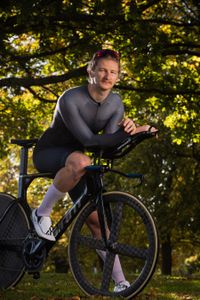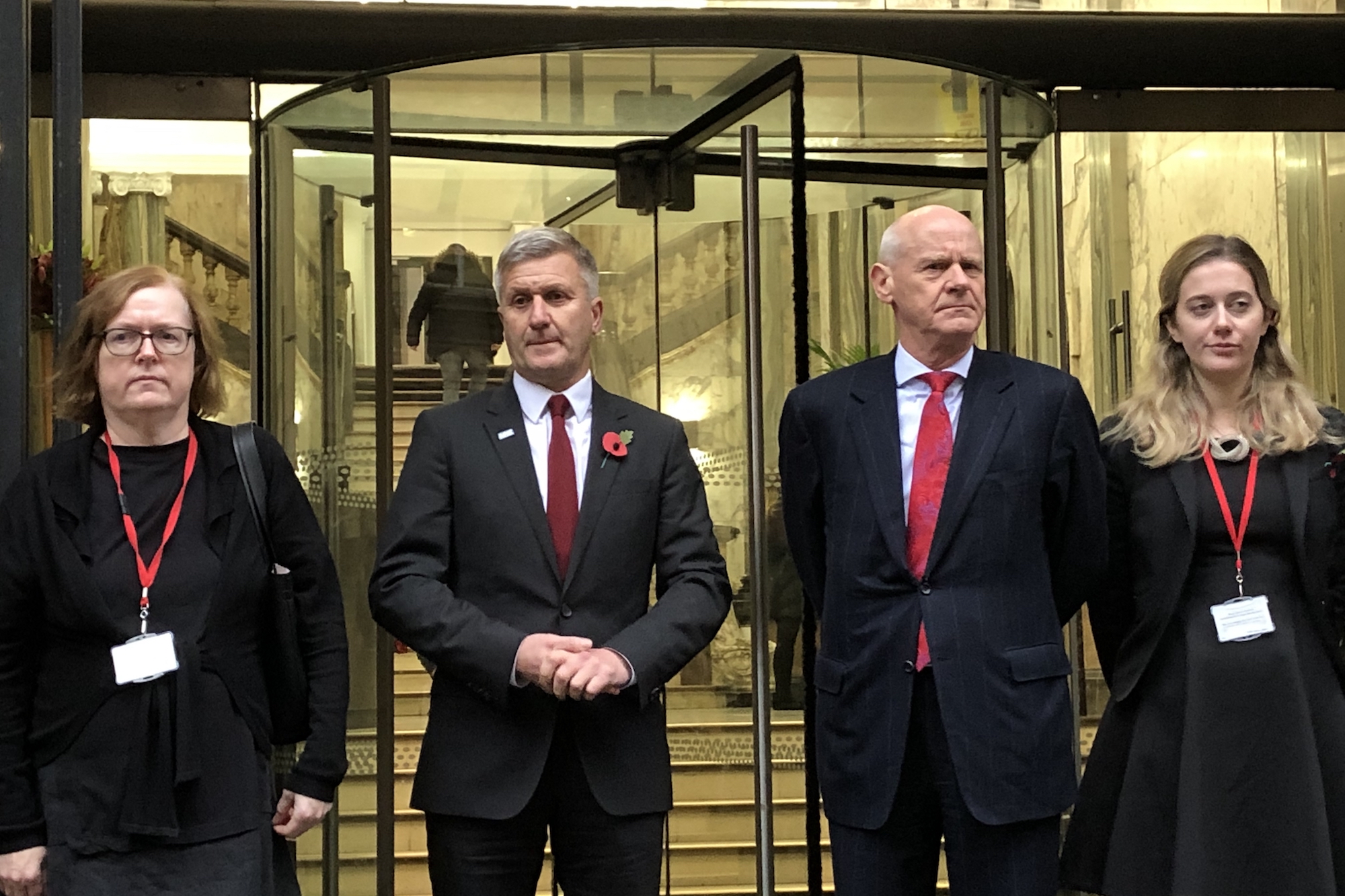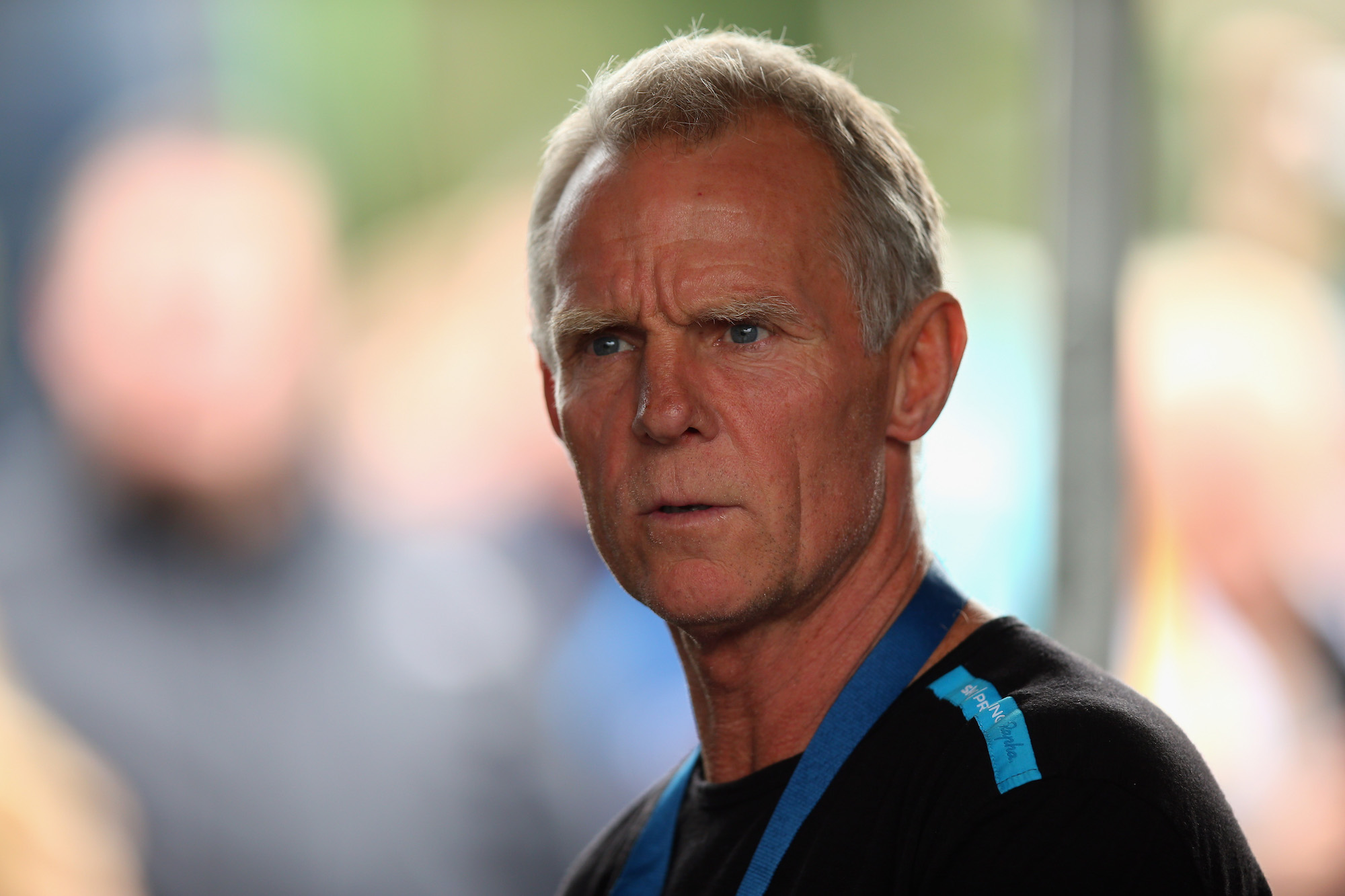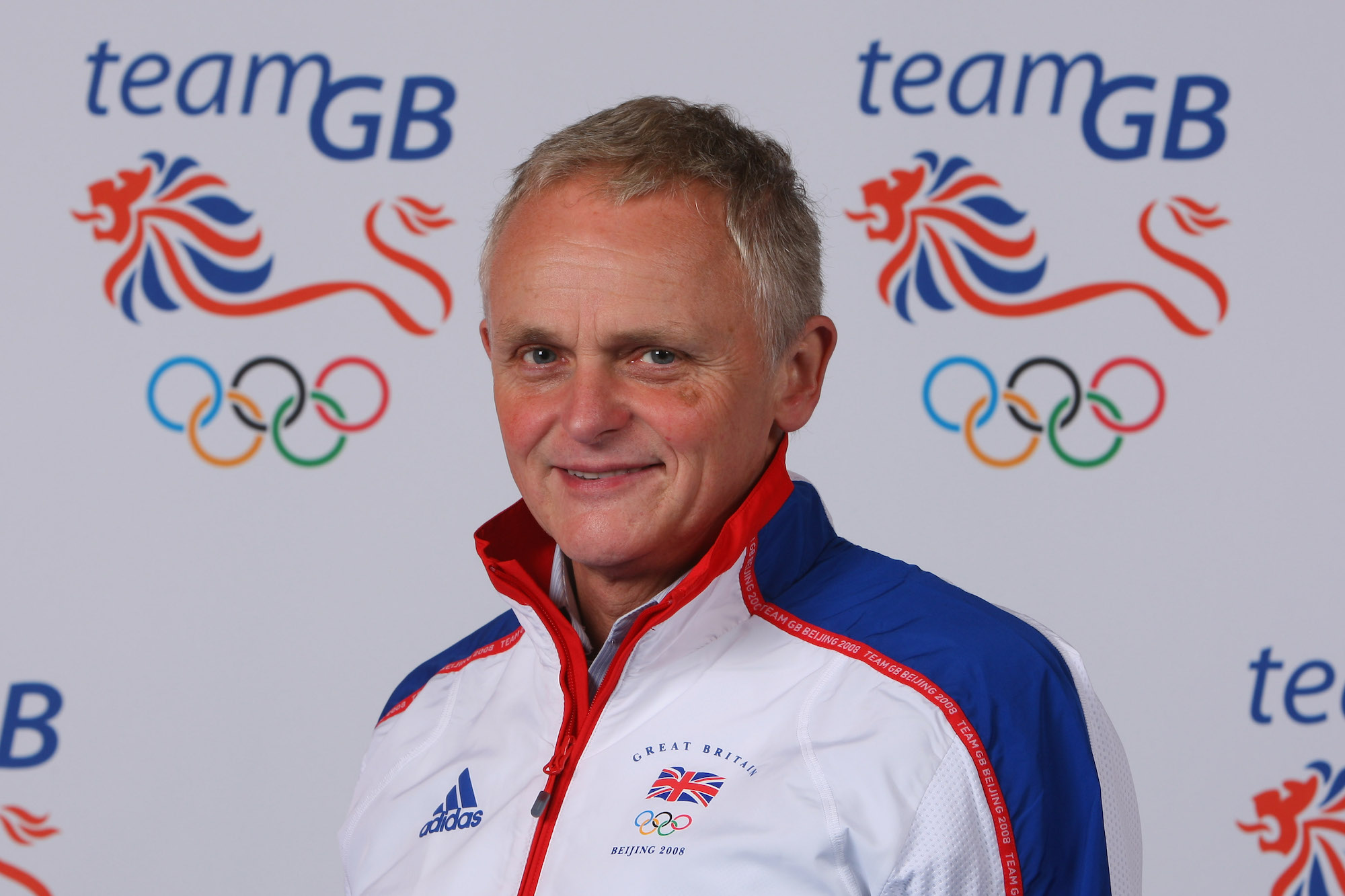Everything you need to know about Dr Richard Freeman’s medical tribunal
After a dramatic first week of evidence, here is where things stand in the case of the mystery testosterone delivery


Following months of delays, Dr Richard Freeman’s medical misconduct tribunal is finally underway and this week we have heard evidence from some key figures involved.
Freeman, a former British Cycling and Team Sky doctor, is facing the Medical Practitioners Tribunal Service (MPTS) hearing after he ordered 30 sachets of Testogel to British Cycling headquarters, the National Cycling Centre in Manchester, in 2011.
While Dr Freeman has admitted to making the order and then lying to cover it up, the tribunal is now investigating whether he made the order “knowing or believing” it would be given to an athlete to dope.
However, Dr Freeman claims the order was not for an athlete but was instead intended for former British Cycling and Team Sky coach Shane Sutton to treat his erectile dysfunction. Sutton denies this.
The hearing is schedule to run from October 28 until December 20.
As the first week of evidence comes to a close, here is everything we know so far:
The allegations
The latest race content, interviews, features, reviews and expert buying guides, direct to your inbox!
The General Medical Council (GMC), which is bringing proceedings against Dr Freeman, alleges that on May 16, 2011 Freeman ordered 30 sachets of the banned substance Testogel from Fit4Sport Limited to the Manchester Velodrome.
Freeman is also accused of emailing Fit4Sport in October 2011 asking for written confirmation that the order had been sent in error, knowing that this wasn’t true, and also lying to UK Anti-Doping during an interview in February 2017.
Allegations also say that Dr Freeman inappropriately provided medical treatment to non-athlete members of staff while working for British Cycling and Team Sky, and that he also failed to inform three patients’ GPs of medication prescribed and the reasons for prescribing.
The tribunal will also investigate whether he failed to maintain adequate records and that he failed to ensure records on a laptop, stolen in August 2014, could be retrieved.
It was initially alleged that Dr Freeman had obtained the Testogel to administer to an athlete to enhance their athletic performance, however after the tribunal started the GMC changed the wording of the allegation to accuse Dr Freeman of ordering the banned substance “knowing or believing it was to be administered to an athlete to improve their athletic performance.”
Start of the tribunal
The tribunal finally got underway on Tuesday, October 29, but was immediately stalled due to legal wrangling behind the scenes as the GMC applied to change the wording of the allegation to include the “knowing or believing” aspect, while Dr Freeman’s legal representative asked he be given special dispensation as a “vulnerable witness.”
On Thursday, November 7, the tribunal handed down its decision on the preliminary applications, giving permission for the GMC to change the allegation and for Dr Freeman to be treated as a vulnerable witness.
This mean that Dr Freeman would need additional breaks from giving evidence and that he would be shielded behind a screen while giving evidence and while Shane Sutton gave his evidence.
The tribunal then formally opened on November 7.
Freeman admits to 18 of 22 charges against him
As the hearing got underway, Dr Freeman’s legal representative Mary O’Rourke QC announced that her client would admit to ordering the testosterone and lying, but will deny acquiring the testosterone to improve an athlete’s performance.
He admitted to 18 of the 22 charges against him, but rather than ordering the substance for an athlete to dope, Dr Freeman claims the substance was intended for Shane Sutton to treat Sutton’s erectile dysfunction.
Dr Freeman also claimed he was bullied by Sutton into making the order.
The tribunal has yet to uncover the real reason for the Testogel order.
Shane Sutton’s dramatic day giving evidence

The first witness to give evidence to the tribunal was former British Cycling and Team Sky coach Shane Sutton, as he was due to be cross-examined by Dr Freeman’s legal team over the allegation he bullied the doctor into making the order to treat his erectile dysfunction.
Shortly before Sutton gave his evidence, Dr Freeman’s legal representative Ms O’Rourke accused Sutton of being a “liar” and a “doper” while explaining her reasons why Sutton should appear in person, not via video link, to the tribunal.
Sutton then faced the tribunal, a screen shielding Dr Freeman from him, and denied allegations of doping and bullying, also refuting the suggestion that he had suffered from erectile dysfunction.
After being questioned by O’Rourke, Sutton said: “You’re saying I can’t get a hard-on in the press. My wife wants to come here and testify you’re a liar.”
Ms O’Rourke produced a text from Sutton sent to Freeman in late 2018 which said: “Be careful what you say. You won’t be the only one who gets hurt.”
The Times reports that Sutton also said: “I want to thank you for letting me have my say. I haven’t lied. I’m not going to be dragged through this by a mindless individual who is defending someone who has already admitted lying, telling loads of lies. He’s hiding behind a screen, which is spineless. Richard, you’re a spineless individual.”
>>> Five-time Paralympic gold medallist dies after being hit by car while riding
After giving evidence for just over two hours, Sutton then walked out of the hearing and gave a statement to press gathered outside the hearing, repeating his denial of the allegations.
The MPTS then announced that Sutton would not be returning to give evidence for a second day as had been planned.
Dr Freeman was diagnosed with bipolar disorder
The Medical Practitioners Tribunal Service then announced that Dr Freeman would not be present at the hearing on Thursday or Friday (November 14-15) after responding badly to the evidence given by Sutton.
On Thursday, former head of medicine at British Cycling Dr Steve Peters appeared before the tribunal to give his evidence.
Dr Peters, a renowned psychiatrist, said that he believed Dr Freeman had made the testosterone order for himself and had tried to cover his own tracks by blaming Sutton, as he felt Sutton would have confided in him if he had been suffering from erectile dysfunction.

He also doubted whether the substance would have been ordered to the British Cycling headquarters if it was to be used for doping.
During Dr Peters’s evidence, it was revealed that Dr Freeman had been diagnosed with bipolar disorder and that he was disorganised, struggling with note-taking and leaving medicine cabinet doors unlocked.
The BBC reports Dr Peters said: “It feels like I’m being asked to solve the crime.
“I have a man who’s lied to me, another man who is untrustworthy. It’s much more likely [Freeman] had used this for himself and there are reasons for that, which I don’t want to go into.
“Freeman has tried to cover his tracks and it’s backfired.”
The tribunal is due to continue with evidence from former British Cycling physiotherapist Phil Burt, who discovered the testosterone delivery in May 2011.
Alex Ballinger is editor of BikeBiz magazine, the leading publication for the UK cycle industry, and is the former digital news editor for CyclingWeekly.com. After gaining experience in local newsrooms, national newspapers and in digital journalism, Alex found his calling in cycling, first as a reporter, then as news editor responsible for Cycling Weekly's online news output, and now as the editor of BikeBiz. Since pro cycling first captured his heart during the 2010 Tour de France (specifically the Contador-Schleck battle) Alex covered three Tours de France, multiple editions of the Tour of Britain, and the World Championships, while both writing and video presenting for Cycling Weekly. He also specialises in fitness writing, often throwing himself into the deep end to help readers improve their own power numbers. Away from the desk, Alex can be found racing time trials, riding BMX and mountain bikes, or exploring off-road on his gravel bike. He’s also an avid gamer, and can usually be found buried in an eclectic selection of books.
